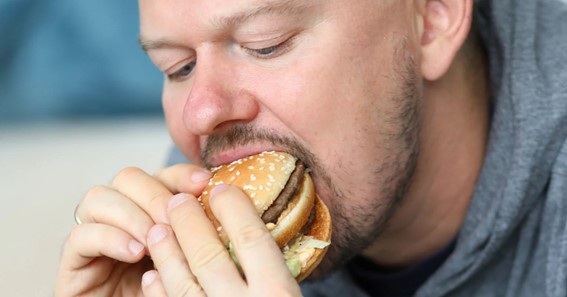Binge eating disorder is when people eat unusually large amounts of food and feel significantly distressed about it afterwards, but don’t use their bingeing as a way to lose weight.
Although binge eating and weight loss often go together, binge eating disorder is not a weight loss issue. Binge eaters are typically seriously overweight. But in binge eating disorder, people are usually obese and unhappy with their bodies, and they don’t use the binges as a way to control their weight. When you have binge eating disorder, you may feel ashamed and guilty because of your eating. But your behavior is not your fault. People with binge eating disorder have a medical problem that causes them to eat in these ways. If you or some that you know suffers from binge eating disorder, you should contact an overeating health coach, such as Amy Dambrosio.
Click here – Dan Calugar Shares Why Your Child Needs a Roth IRA
If you have binge eating disorder, you might:
- Eat rapidly until you feel uncomfortably full.
- Eat large amounts of food when you’re not hungry.
- Eat alone to hide the quantity that you’re eating.
- Feel disgusted with yourself, depressed, or very guilty after overeating.
- Feel very anxious or distress when you try to limit your eating.
- Eat in secret.
- Eating more than normal has become a habit that is hard to control.
- Feel out of control when you eat.
- Believe that you can’t control your eating.
- Feel depressed, especially after overeating.
The American Psychiatric Association has said that binge eating disorder is really common, affecting between 2 and 3 per cent of the population. If you think you have it, you don’t have to go through it alone. People with binge eating disorder can be treated and get better.
Click here – Brief Guide On How To Create Money Lending Mobile App
If you think that you have binge eating disorder:
- Talk to your doctor about it.
- Try to get counseling.
- Stay active.
- Ask friends and family for support.
- Find out about support groups in your area.







